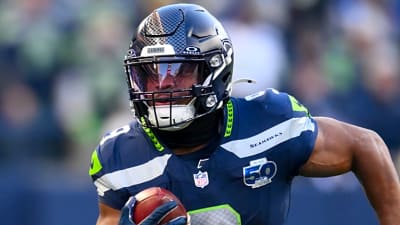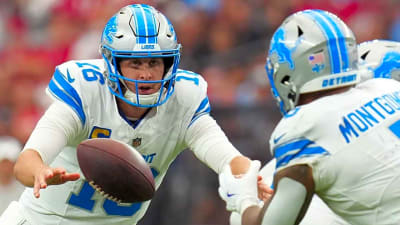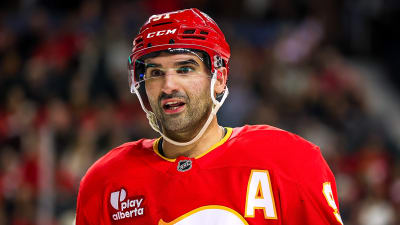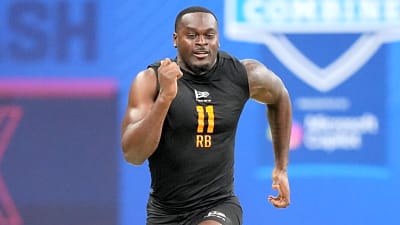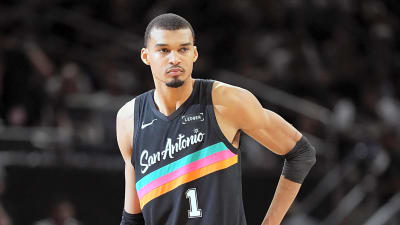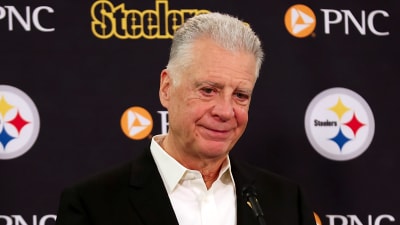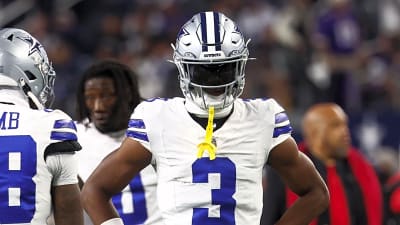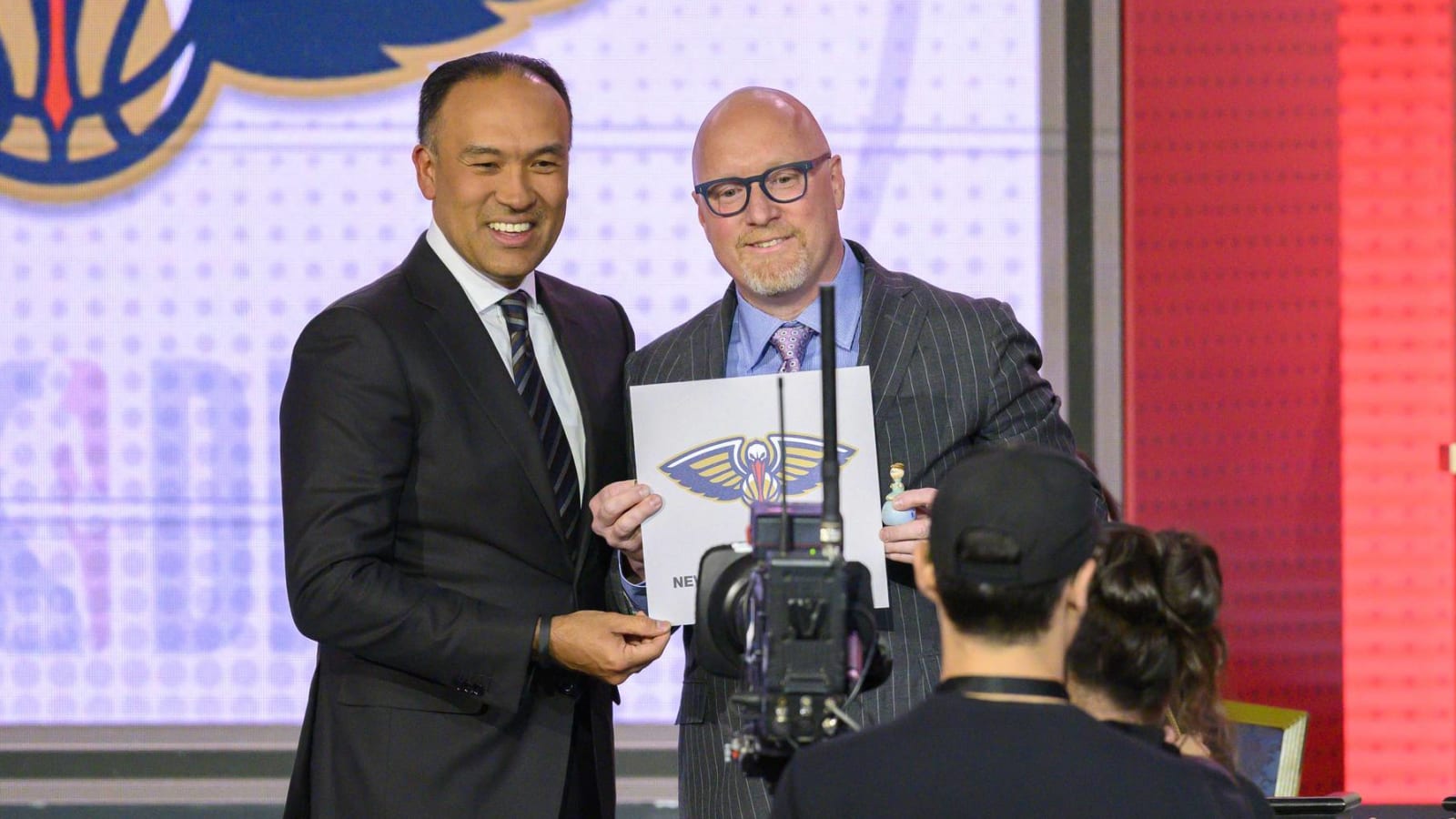
NBA Draft lottery rigged? Don't be silly
Once deputy commissioner Mark Tatum announced the New Orleans Pelicans won the draft lottery Tuesday night, the conspiracy theories flew online. The NBA rigged the lottery to prop up New Orleans! The No. 1 pick was going to the Pelicans because the league knew Anthony Davis was leaving! “The NBA is rigged” has become the standard reaction whenever there’s an unlikely lottery outcome, a lopsided trade, or a controversial call.
Accusations of game-rigging have always existed. The Knicks got the top pick (and Patrick Ewing) in the 1985 draft lottery, allegedly because league officials bent the corner of their envelope, although the old theory was that the envelope was frozen. Ralph Nader called for a congressional investigation of the 2002 Western Conference Finals. People even claim that Michael Jordan’s first retirement was secretly a suspension for gambling. And after disgraced referee Tim Donaghy gave information to gamblers and fixed games he worked, there’s lingering suspicions that things aren’t on the up-and-up.
But if the league is rigging the lottery, why did Cleveland win it three times in the four years after LeBron left the first time in 2010? Was the NBA protecting the big market of Cleveland, Ohio? Same goes for Minnesota’s lottery win in 2015, or Phoenix’s in 2018. There’s always rumors about the NBA conspiring to help New York, but if that’s the case, why haven’t the Knicks moved up in the lottery since 1985?
The NBA that depends solely on large-market success simply doesn’t exist anymore. Imagine telling someone in 2000 that two teams would meet in the Finals four years in a row... and those teams would be the Golden State Warriors and Cleveland Cavaliers. No one would believe it. Miserable stretches for the Lakers and Knicks didn’t keep the NBA from signing a multi-billion-dollar television deal in 2016, and when LeBron went to LA, ratings actually went down.
Rigging talk is so pervasive that every fan base participates. This year the teams got into it, too. Houston leaked an internal study that claimed referees cost them a place in the 2018 NBA Finals. Their accompanying memo claimed that specifically it was veteran referees who "exhibit the most bias against our players." Not incorrect calls, but bias. But the Rockets aren’t unique, except for how brazen their lobbying was. Warriors fans, who shouldn’t be upset about anything after the past five years, think an NBA referee has it out for them. That’s Scott Foster, who the Rockets think is biased against them, which led to an interesting stalemate of complaining when he was picked to officiate Game 2 of their series this year. (The Celtics, Cavaliers, and Spurs all have a problem with Foster, too.)
It’s not clear why the league would have an anti-Rockets bias, given that they play in America’s fourth-largest city, they have the reigning MVP, and no commercial break goes by without an appearance by Chris Paul and James Harden. It’s also not clear why the NBA would be favoring the final four teams this year -– Toronto, Milwaukee, Portland and Golden State. Aside from the Warriors, none of those teams delivers a ratings bonanza. It’s not even clear that the referees have an outsized influence on the outcomes anyway. While fans like to count fouls and track free throw disparities, both teams that won their Game 7's in the second round committed more fouls and shot far fewer free throws than their opponents. If the NBA is trying to rig these playoffs, they’re not doing a good job.
And if the NBA interferes to help the big-market teams, it certainly hasn’t been obvious on the court. Despite playing in the “Mecca of Basketball,” the Knicks haven’t been to the Finals in 20 years or won a title in 46 years. The Lakers missed the playoffs for the sixth straight year, a stretch where they had four high lottery picks and signed LeBron James. Rigging the draft seems to be shockingly ineffective!
The other common post-lottery complaint was that New Orleans didn’t deserve the No. 1 pick. Tom Ziller wrote that Anthony Davis was “essentially wasted” in New Orleans, joining Chris Paul and Baron Davis on the list of stars who demanded trades out of town. But it’s not like their years with the Pelicans (and their old incarnation, the Hornets) were disastrous. Chris Paul’s best playoff performance in Los Angeles? Losing a second-round series in seven games, which he also did in New Orleans. Baron made the second round twice with the Hornets, one more than he did after leaving. And one year ago in the playoffs, Davis’ team swept Portland, the team that’s in this season's Western Conference finals.
New Orleans may not be the largest market, but the team sold 2,000 season tickets since the draft, which should put the Pelicans solidly in the middle of the pack in attendance. Who cares if the guy who signs Zion’s checks has a below-market TV deal? Some shoe company is about to sign Zion to a nine-figure endorsement deal. He’s going to get plenty of exposure no matter where he plays.
In this age of disbelief in the government and the media, there’s a conspiracy theory for anything you could imagine. Fans attach themselves to their teams, seeing them as the good guys, which means anyone opposing them, be it other teams, officials, or temperamental ping pong balls, are the bad guys. But the truth is simpler, and perhaps more disappointing: The NBA doesn’t care enough about your favorite team to bother to conspire against it.
More must-reads:
- Wake me when NBA playoffs are over. Here's why KD must leave Warriors.
- One-on-One: NBA Draft lottery winner (duh!), losers, 'Brow' sweepstakes
- The 'NBA 30-point game leaders' quiz
Breaking News
Trending News
Customize Your Newsletter
 +
+
Get the latest news and rumors, customized to your favorite sports and teams. Emailed daily. Always free!
